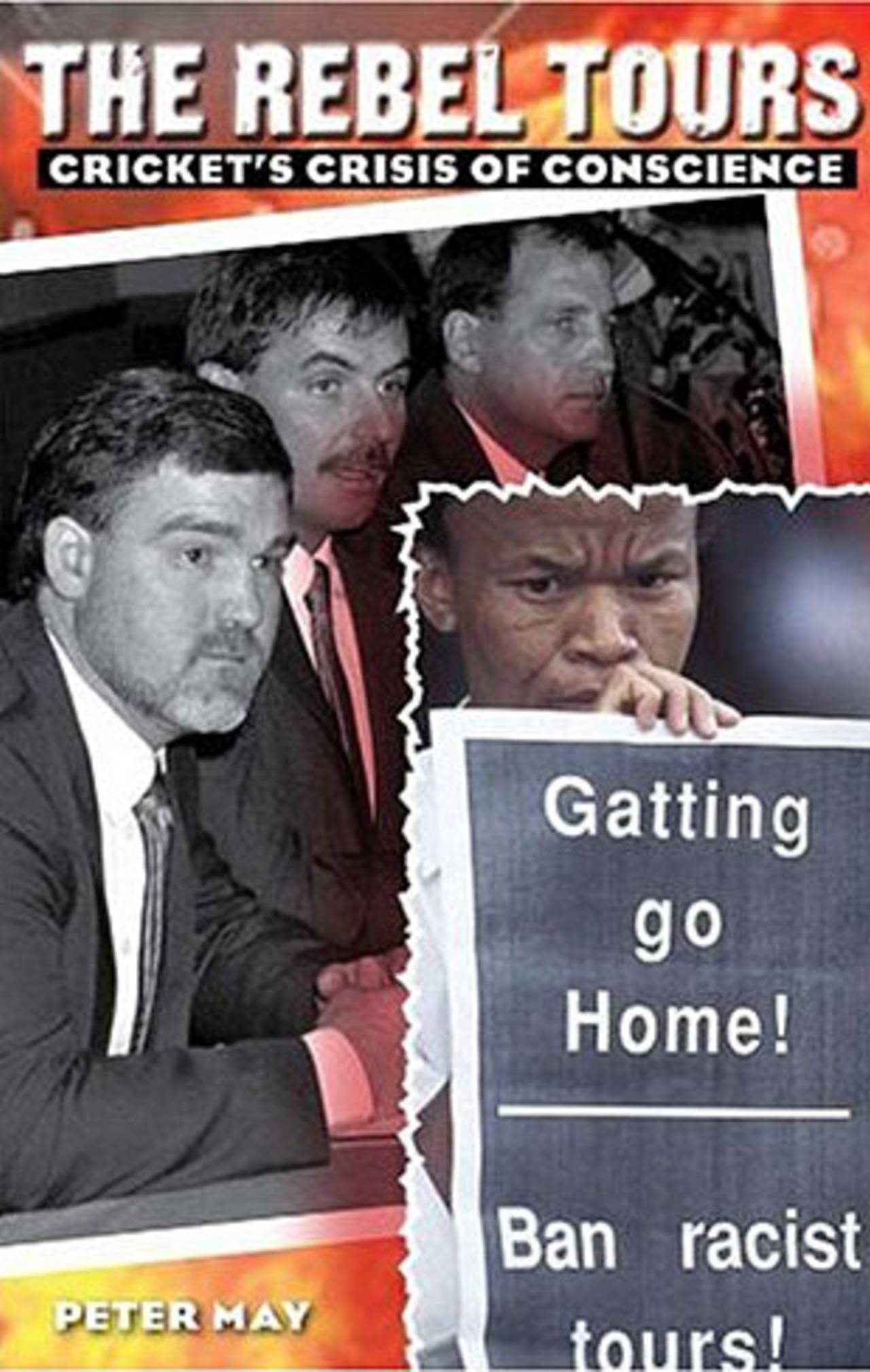As England's tour of South Africa continues without incident, it is easy to forget that, two decades ago, a side of English players led by Mike Gatting was trudging a similar route across the country. While Andrew Strauss's team can concentrate on the cricket, that was almost incidental to Gatting's collection of cricketing mercenaries. Vilified internationally, his team was in the wrong place at the wrong time during the dying days of the despised apartheid regime.
It is too easy to forget how the spectre of South Africa haunted international sport through the 1970s and 1980s. Increasingly isolated as the stranglehold of sanctions tightened, the authorities in the republic used money to attract sportsmen who were willing to turn a blind eye to what was going on. The idea was to bring sport to an entertainment-starved (white) public and to give the impression to the world that things weren't so bad after all. Cricket, a predominantly white sport in the country and one in which the South Africans probably had, for much of that time, a world-class XI, was at the forefront of the PR offensive.
Peter May's book looks at the seven rebel tours between 1982 and 1990, starting and ending with the two by England XIs, with a brace each by West Indies and Australia and a lamentable one by Sri Lanka in between. It does not make easy reading, but that's largely because apartheid itself was so appalling.
Even though at the time the tours were front-page news and briefly threatened to rip the game in two along racial lines, the rebel tours have had almost nothing written about them. They are cricket's forgotten skeleton, hidden in the attic, which everyone would prefer to pretend didn't exist. Given the sheer volume of books on cricket, the silence is even more bizarre. One of the reasons soon becomes clear. While some of the South Africans were willing to talk to the author, most of the tourists were much happier to forget.
Put simply, those who went did so for the money. Some are honest, others less so. What is truly sad is the fate of those who were perhaps exploited more. While the English and Australian players escaped with fairly light punishments (John Emburey was twice banned for three years and both times returned to play for his country), the West Indians and Sri Lankans had a far more wretched time. Banned for life and socially ostracised, for some it destroyed their lives.
There are also surprises. I had always assumed Sir Ian Botham had not gone because, as was often said, had he done so he could not "have looked Viv [Richards] in the eye". May claims that Botham was all for taking part until his agent explained the financial realities. It also emerges that the South African government indirectly bankrolled the tours, exposing them for the political stunts everyone suspected them to be.
The cricket itself is well-described. What is interesting is to read how the South African players and public quickly saw the tours for what they were: decent-standard exhibition cricket, but certainly not the "Tests" the South African board insisted they were. But it's the machinations surrounding the tours that form the heart and soul of the book.
The Rebel Tours: Cricket's Crisis of Conscience by Peter May
SportsBooks
£17.99

Martin Williamson is executive editor of Cricinfo and managing editor of ESPN Digital Media in Europe, the Middle East and Africa
